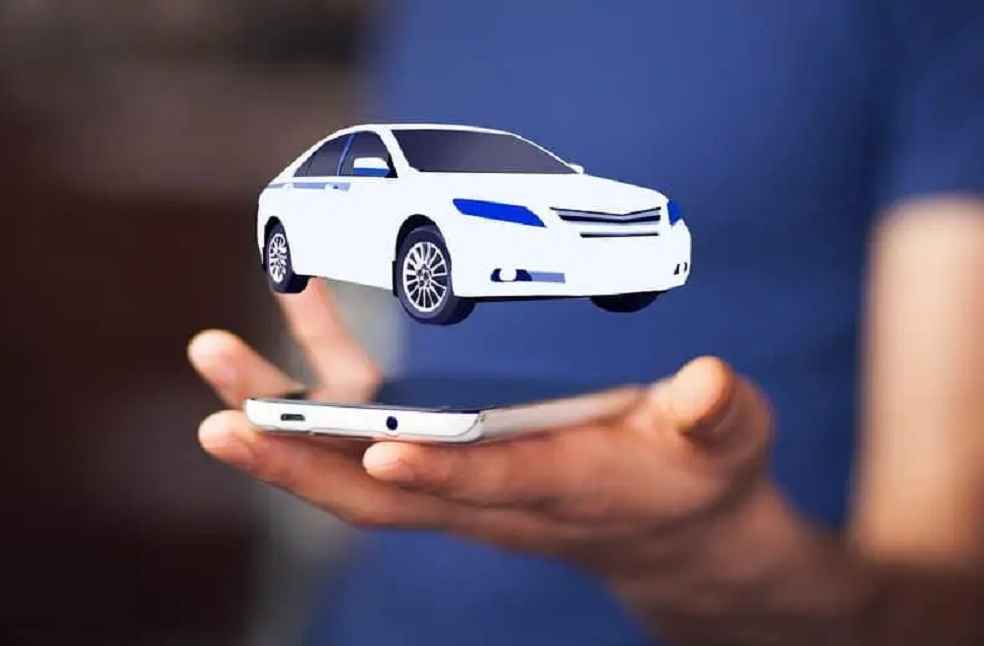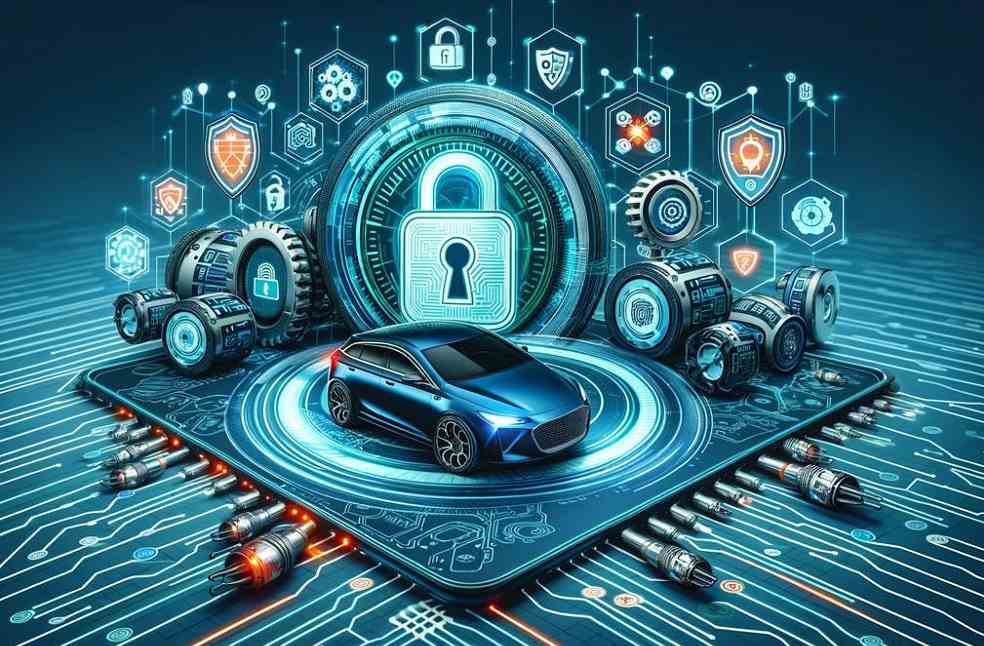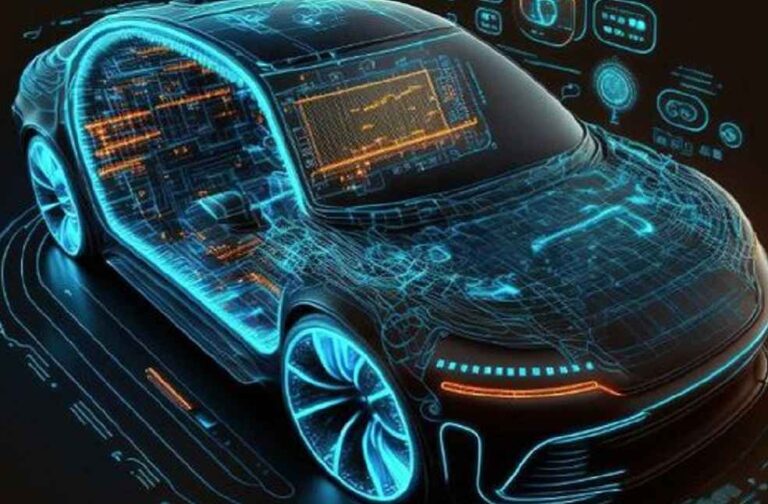The United States has finalized a regulation effectively barring smart cars and other passenger vehicles equipped with Chinese or Russian technology from the American market, citing national security concerns. The new rule, announced on Tuesday, prohibits the use of hardware and software linked to Beijing or Moscow in vehicles sold in the US starting with the 2027 model year.
Commerce Secretary Gina Raimondo emphasized the growing security risks posed by modern vehicles, which increasingly resemble ‘computers on wheels’ due to their integration of cameras, microphones, GPS tracking, and internet connectivity. “This is a targeted approach to ensure we keep PRC and Russian-manufactured technologies off American roads,” she said, referring to the People’s Republic of China.
Scope of the Rule
The current rule applies to passenger vehicles under 10,001 pounds, with separate regulations for commercial vehicles, such as trucks and buses, expected soon. Manufacturers with significant ties to China or Russia will be barred from selling cars with external connectivity or autonomous driving systems in the US.

Software Restrictions: Take effect for 2027 model year vehicles.
Hardware Restrictions: Begin with the 2030 model year.
Import Prohibitions: Include hardware and software linked to Chinese or Russian manufacturers.
Concerns Over Chinese Dominance
National Economic Advisor Lael Brainard underscored concerns about China’s ambitions to dominate the global auto industry. She highlighted the potential misuse of sensitive data or interference through connected systems in vehicles manufactured with foreign adversarial technologies.
The new rule aligns with broader US efforts to curb Chinese and Russian technological influence. Earlier this month, Washington announced it was exploring restrictions on drones equipped with adversarial technologies.

Domestic Industry Push
Outgoing President Joe Biden also issued an executive order on Tuesday to accelerate infrastructure development for artificial intelligence within the US, reinforcing the administration’s commitment to strengthening domestic industries. “We will not let America be out-built when it comes to the technology that will define the future,” Biden stated.
The implementation of the smart car technology ban and other technological initiatives will largely fall to incoming President-elect Donald Trump, who assumes office next Monday. His administration is expected to bring major shifts to government policies.
NEW LAUNCH | Hyundai India Predicts Passenger EV Market Doubling with Creta Electric Launch





